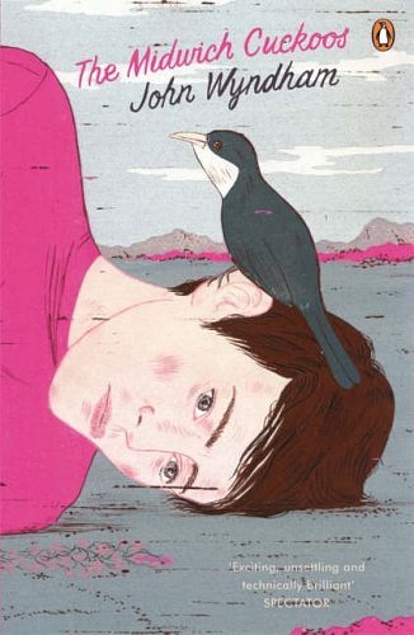Benjamin Labatut "When We Cease To Understand The World" (Pusjkin Press)

While I was reading it, and even after I’d finished, this book had me wondering. Where was the line between fiction and non-fiction? And was my reading of the book consistent with the author’s intentions?
Before I pursue those questions, I should say a few words about the book. It’s a series of five vignettes, hybrids of fact and imagination, about actual scientists and mathematicians. Although it begins by reaching back a few centuries, for the most part, these men worked in the 20th century. In Labatut’s interpretation, their revolutionary work stemmed from, or triggered, deep personal crises. On another level, Labutat describes how much of this work also contributed to catastrophic consequences for mankind as it was adapted for military purposes.
I found a straightforward answer to the first question online. The initial piece, an essay about the scientific pathways to the development of cyanide, ending with Fritz Haber, is non-fictional except for one paragraph. From then on the balance changes. The factual framework remains in place, but there is a substantial amount of conjecture by Labutat about the inner lives of Schwarzschild, Schroedinger, Heisenberg, and Grothendieck. Einstein, Bohr, and others make appearances as their work and opinions intersect but they are not center stage.
And what is Labutat’s message? Not, I think, simply that scientific and mathematical advances don’t necessarily equate to progress, although he’s clear on that point. No, he seems more interested in that gray space between genius and insanity. And of the sometimes terrifying potential of those advances to disrupt our sense of the logic of the world, leaving us unmoored, staring into the abyss.
Beautifully written.

While I was reading it, and even after I’d finished, this book had me wondering. Where was the line between fiction and non-fiction? And was my reading of the book consistent with the author’s intentions?
Before I pursue those questions, I should say a few words about the book. It’s a series of five vignettes, hybrids of fact and imagination, about actual scientists and mathematicians. Although it begins by reaching back a few centuries, for the most part, these men worked in the 20th century. In Labatut’s interpretation, their revolutionary work stemmed from, or triggered, deep personal crises. On another level, Labutat describes how much of this work also contributed to catastrophic consequences for mankind as it was adapted for military purposes.
I found a straightforward answer to the first question online. The initial piece, an essay about the scientific pathways to the development of cyanide, ending with Fritz Haber, is non-fictional except for one paragraph. From then on the balance changes. The factual framework remains in place, but there is a substantial amount of conjecture by Labutat about the inner lives of Schwarzschild, Schroedinger, Heisenberg, and Grothendieck. Einstein, Bohr, and others make appearances as their work and opinions intersect but they are not center stage.
And what is Labutat’s message? Not, I think, simply that scientific and mathematical advances don’t necessarily equate to progress, although he’s clear on that point. No, he seems more interested in that gray space between genius and insanity. And of the sometimes terrifying potential of those advances to disrupt our sense of the logic of the world, leaving us unmoored, staring into the abyss.
Beautifully written.
